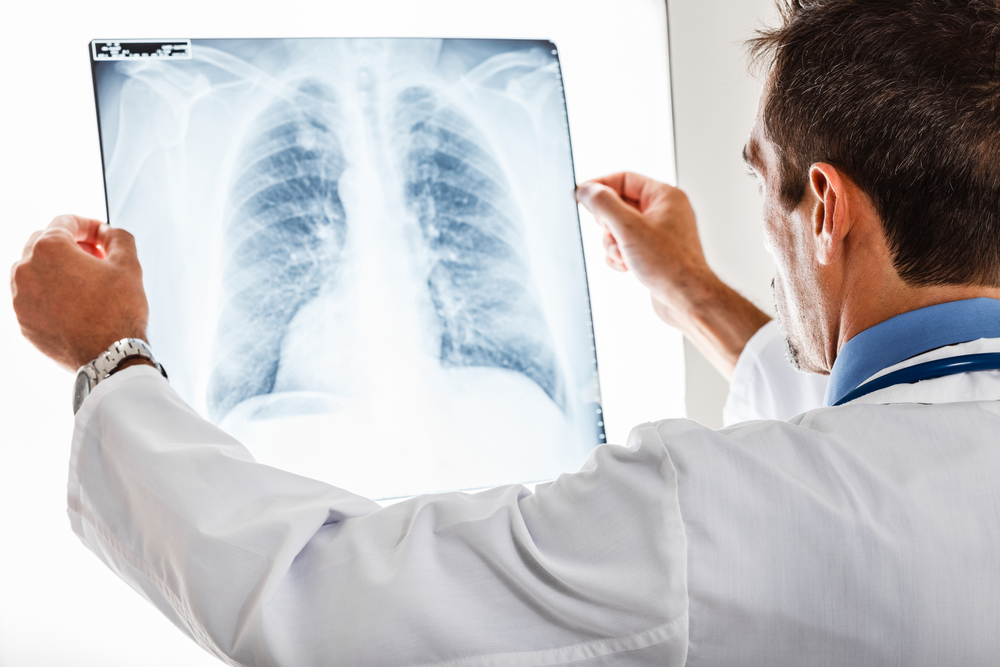Increasing Lipid Production Could Be Key to New Pulmonary Fibrosis Treatment, Study Says

Increasing the production of lipids in the lungs may help slow pulmonary fibrosis progression and potentially lead to new treatment options, a study suggests.
The study, “Lipid Synthesis is Required to Resolve ER Stress and Limit Fibrotic Responses in the Lung,” was published in the American Journal of Respiratory Cell and Molecular Biology.
Pulmonary lipids, or surfactants, play a key role in lung flexibility and in ensuring proper breathing. Surfactants are often given to premature babies to help the lungs inflate and develop correctly.
Lipids are also a critical component of cellular membranes, and and act as signaling molecules in gene expression.
Previous research showed that lipid production is reduced in pulmonary fibrosis, as well as in other processes that damage the lungs, such as viral infections or particulate inhalation, to save energy for other cellular repairs.
“This suggests that failure to produce lipids, perhaps because of injury or age-related metabolic changes in lung cells, may be an underappreciated process in development of lung fibrosis, one that may also offer a new and potentially easier path to new treatment of this disease,” Freddy Romero, PhD, the study’s lead author and an assistant professor at Thomas Jefferson University, said in a press release.
The endoplasmic reticulum (ER) is a key cellular structure in the production of proteins and lipids. In patients with pulmonary fibrosis and in mouse models of the disease, the ER becomes stressed, which leads to the accumulation of unfolded proteins due to the inability of another cellular structure — the lysosome — to break down these molecules.
“We think that the chronic ER stress might ensue because of the inability of cells to produce sufficient lipids to supply their vast amount of ER membranes,” said Ross Summer, MD, the study’s senior author.
Summer is a professor of medicine at Thomas Jefferson University in Philadelphia and a physician-researcher at the Jane and Leonard Korman Respiratory Institute, where he treats pulmonary fibrosis patients.
“Without appropriate lipid stores, the ER cannot properly manufacture or remove damaged proteins out of the cell into lysosomes, as a result, damage accumulates in these lung cells leading to irreversible fibrosis,” he said.
To investigate whether lipid production can stop ER stress and decrease lung fibrosis, researchers performed pharmacological and genetic manipulations in cultured cells and in a mouse model.
Results showed that reducing lipid production in the lung triggered lung fibrosis. And increasing lipid production in mouse lungs already developing pulmonary fibrosis led to a disease reduction of 70 to 80%.
“This is the first paper to show that rather than being a ‘second hit’ to help initiate the disease, blocking lipid synthesis alone — with no other insult to the lungs — can instigate fibrotic scaring,” Summer said.
“Augmenting lipid production reduces ER stress and attenuates fibrotic remodeling in the mouse lung, suggesting that similar approaches might be effective for treating human fibrotic lung diseases,” the researchers said.
The scientists are now working on developing a therapy based on these findings to help pulmonary fibrosis patients.
“I’d like to be able to offer my patients better options for this disease,” Summer said.







